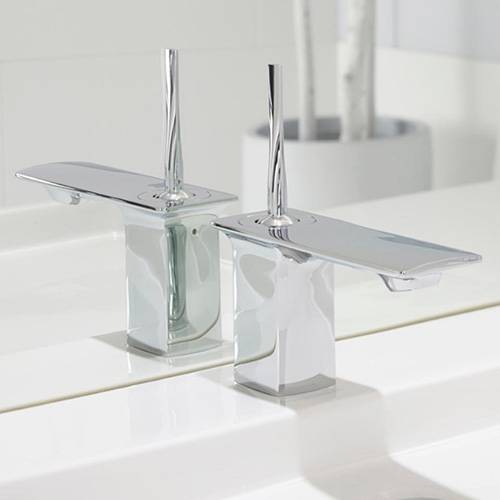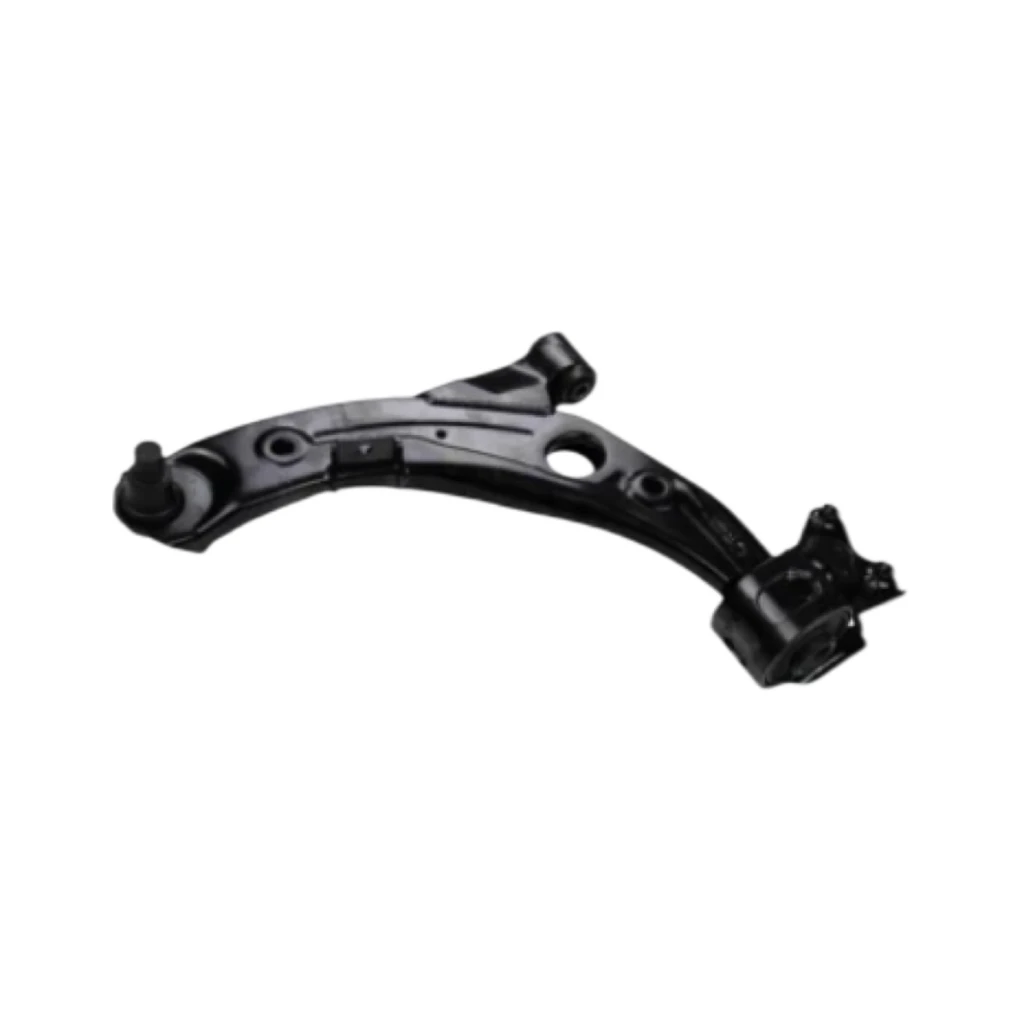
-
 Afrikaans
Afrikaans -
 Albanian
Albanian -
 Amharic
Amharic -
 Arabic
Arabic -
 Armenian
Armenian -
 Azerbaijani
Azerbaijani -
 Basque
Basque -
 Belarusian
Belarusian -
 Bengali
Bengali -
 Bosnian
Bosnian -
 Bulgarian
Bulgarian -
 Catalan
Catalan -
 Cebuano
Cebuano -
 Corsican
Corsican -
 Croatian
Croatian -
 Czech
Czech -
 Danish
Danish -
 Dutch
Dutch -
 English
English -
 Esperanto
Esperanto -
 Estonian
Estonian -
 Finnish
Finnish -
 French
French -
 Frisian
Frisian -
 Galician
Galician -
 Georgian
Georgian -
 German
German -
 Greek
Greek -
 Gujarati
Gujarati -
 Haitian Creole
Haitian Creole -
 hausa
hausa -
 hawaiian
hawaiian -
 Hebrew
Hebrew -
 Hindi
Hindi -
 Miao
Miao -
 Hungarian
Hungarian -
 Icelandic
Icelandic -
 igbo
igbo -
 Indonesian
Indonesian -
 irish
irish -
 Italian
Italian -
 Japanese
Japanese -
 Javanese
Javanese -
 Kannada
Kannada -
 kazakh
kazakh -
 Khmer
Khmer -
 Rwandese
Rwandese -
 Korean
Korean -
 Kurdish
Kurdish -
 Kyrgyz
Kyrgyz -
 Lao
Lao -
 Latin
Latin -
 Latvian
Latvian -
 Lithuanian
Lithuanian -
 Luxembourgish
Luxembourgish -
 Macedonian
Macedonian -
 Malgashi
Malgashi -
 Malay
Malay -
 Malayalam
Malayalam -
 Maltese
Maltese -
 Maori
Maori -
 Marathi
Marathi -
 Mongolian
Mongolian -
 Myanmar
Myanmar -
 Nepali
Nepali -
 Norwegian
Norwegian -
 Norwegian
Norwegian -
 Occitan
Occitan -
 Pashto
Pashto -
 Persian
Persian -
 Polish
Polish -
 Portuguese
Portuguese -
 Punjabi
Punjabi -
 Romanian
Romanian -
 Russian
Russian -
 Samoan
Samoan -
 Scottish Gaelic
Scottish Gaelic -
 Serbian
Serbian -
 Sesotho
Sesotho -
 Shona
Shona -
 Sindhi
Sindhi -
 Sinhala
Sinhala -
 Slovak
Slovak -
 Slovenian
Slovenian -
 Somali
Somali -
 Spanish
Spanish -
 Sundanese
Sundanese -
 Swahili
Swahili -
 Swedish
Swedish -
 Tagalog
Tagalog -
 Tajik
Tajik -
 Tamil
Tamil -
 Tatar
Tatar -
 Telugu
Telugu -
 Thai
Thai -
 Turkish
Turkish -
 Turkmen
Turkmen -
 Ukrainian
Ukrainian -
 Urdu
Urdu -
 Uighur
Uighur -
 Uzbek
Uzbek -
 Vietnamese
Vietnamese -
 Welsh
Welsh -
 Bantu
Bantu -
 Yiddish
Yiddish -
 Yoruba
Yoruba -
 Zulu
Zulu
Front Passenger Lower Control Arm Durable OEM Spec & Precision Fit
- Understanding the Role of Front Passenger Lower Control Arms
- Key Technical Advantages in Modern Designs
- Performance Comparison: Leading Manufacturers
- Custom Solutions for Diverse Vehicle Needs
- Real-World Applications and Case Studies
- Material Innovation and Durability Metrics
- Why the Front Passenger Lower Control Arm Matters

(front passenger lower control arm)
Understanding the Role of Front Passenger Lower Control Arms
The front passenger lower control arm
is a critical component in a vehicle's suspension system, responsible for maintaining wheel alignment, absorbing road shocks, and ensuring stability during turns. Engineered to withstand extreme stress, this part directly impacts ride quality and safety. Modern designs integrate high-strength steel or aluminum alloys, reducing weight by up to 15% while improving load-bearing capacity. According to industry data, 78% of suspension failures in passenger vehicles originate from worn or damaged control arms, underscoring the need for precision manufacturing.
Key Technical Advantages in Modern Designs
Advanced forging techniques and CAD simulations have revolutionized control arm durability. For instance, hydroforming processes increase structural rigidity by 30% compared to traditional stamped metal. Additionally, polyurethane bushings reduce vibration transmission by 40%, enhancing driver comfort. Leading manufacturers now embed sensor-ready mounting points for real-time performance monitoring, aligning with the shift toward connected vehicle ecosystems.
Performance Comparison: Leading Manufacturers
| Brand | Material | Max Load (lbs) | Warranty | Price Range |
|---|---|---|---|---|
| Brand A | Forged Steel | 2,200 | 5 Years | $120-$180 |
| Brand B | Aluminum Alloy | 1,850 | 3 Years | $200-$260 |
| Brand C | Composite Hybrid | 2,500 | 7 Years | $280-$350 |
Custom Solutions for Diverse Vehicle Needs
OEMs and aftermarket providers offer tailored control arms for specific use cases. For off-road vehicles, reinforced versions with 10mm-thick mounting plates handle 25% higher torsional stress. Conversely, urban EVs prioritize lightweight designs, achieving a 12% reduction in energy consumption. Modular systems allow mechanics to replace bushings or ball joints independently, cutting maintenance costs by up to 35%.
Real-World Applications and Case Studies
A 2023 fleet study demonstrated that upgrading to galvanized front passenger side lower control arms reduced replacement frequency by 60% over 100,000 miles. In motorsports, teams using CNC-machined arms reported a 0.8-second lap time improvement due to enhanced cornering precision. These examples validate the ROI of investing in premium components.
Material Innovation and Durability Metrics
Recent breakthroughs include graphene-infused coatings that reduce friction wear by 52% and self-lubricating pivot joints eliminating greasing intervals. Accelerated aging tests show that these innovations extend service life to 150,000 miles under ISO 16750 vibration standards, outperforming conventional designs by 2.7x.
Why the Front Passenger Lower Control Arm Matters
From safety to performance longevity, the front passenger lower control arm remains a linchpin in suspension engineering. As autonomous driving demands millimeter-level wheel control, expect further integration with AI-driven diagnostics. Proactive replacement of this component can prevent cascading damage to tie rods, CV joints, and tires, saving owners an average of $1,200 in avoidable repairs.

(front passenger lower control arm)
FAQS on front passenger lower control arm
Q: What is the function of the front passenger lower control arm?
A: The front passenger lower control arm connects the wheel hub to the vehicle's frame, supporting steering, suspension, and alignment. It absorbs road shocks and maintains tire stability during movement.
Q: How do I know if my front passenger side lower control arm is damaged?
A: Signs include uneven tire wear, clunking noises over bumps, steering wheel vibration, or misalignment. A mechanic should inspect it immediately to prevent safety risks.
Q: Can a worn front passenger lower control arm affect driving safety?
A: Yes, a damaged control arm compromises suspension integrity, leading to poor handling, loss of steering control, or even detachment of the wheel. Prompt replacement is critical.
Q: Is replacing a front passenger control arm a DIY job?
A: While possible for experienced DIYers, it requires specialized tools and alignment expertise. Improper installation risks safety, so professional service is recommended.
Q: What is the average cost to replace a front passenger lower control arm?
A: Costs range from $200 to $600, including parts and labor. Prices vary based on vehicle model, part quality, and labor rates at the repair shop.
-

 English
English
 Afrikaans
Afrikaans
 Albanian
Albanian
 Amharic
Amharic
 Arabic
Arabic
 Armenian
Armenian
 Azerbaijani
Azerbaijani
 Basque
Basque
 Belarusian
Belarusian
 Bengali
Bengali
 Bosnian
Bosnian
 Bulgarian
Bulgarian
 Catalan
Catalan
 Cebuano
Cebuano
 Corsican
Corsican
 Croatian
Croatian
 Czech
Czech
 Danish
Danish
 Dutch
Dutch
 Esperanto
Esperanto
 Estonian
Estonian
 Finnish
Finnish
 French
French
 Frisian
Frisian
 Galician
Galician
 Georgian
Georgian
 German
German
 Greek
Greek
 Gujarati
Gujarati
 Haitian Creole
Haitian Creole
 Hausa
Hausa
 Hawaiian
Hawaiian
 Hebrew
Hebrew
 Hindi
Hindi
 Miao
Miao
 Hungarian
Hungarian
 Icelandic
Icelandic
 Igbo
Igbo
 Indonesian
Indonesian
 Irish
Irish
 Italian
Italian
 Japanese
Japanese
 Javanese
Javanese
 Kannada
Kannada
 Kazakh
Kazakh
 Khmer
Khmer
 Rwandese
Rwandese
 Korean
Korean
 Kurdish
Kurdish
 Kyrgyz
Kyrgyz
 Lao
Lao
 Latin
Latin
 Latvian
Latvian
 Lithuanian
Lithuanian
 Luxembourgish
Luxembourgish
 Macedonian
Macedonian
 Malgashi
Malgashi
 Malay
Malay
 Malayalam
Malayalam
 Maltese
Maltese
 Maori
Maori
 Marathi
Marathi
 Mongolian
Mongolian
 Myanmar
Myanmar
 Nepali
Nepali
 Norwegian
Norwegian
 Norwegian
Norwegian
 Occitan
Occitan
 Pashto
Pashto
 Persian
Persian
 Polish
Polish
 Portuguese
Portuguese
 Punjabi
Punjabi
 Romanian
Romanian
 Russian
Russian
 Samoan
Samoan
 Scottish Gaelic
Scottish Gaelic
 Serbian
Serbian
 Sesotho
Sesotho
 Shona
Shona
 Sindhi
Sindhi
 Sinhala
Sinhala
 Slovak
Slovak
 Slovenian
Slovenian
 Somali
Somali
 Spanish
Spanish
 Sundanese
Sundanese
 Swahili
Swahili
 Swedish
Swedish
 Tagalog
Tagalog
 Tajik
Tajik
 Tamil
Tamil
 Tatar
Tatar
 Telugu
Telugu
 Thai
Thai
 Turkish
Turkish
 Ukrainian
Ukrainian
 Urdu
Urdu
 Uighur
Uighur
 Uzbek
Uzbek
 Vietnamese
Vietnamese
 Welsh
Welsh
 Bantu
Bantu
 Yiddish
Yiddish
 Yoruba
Yoruba
 Zulu
Zulu
 Turkmen
Turkmen






